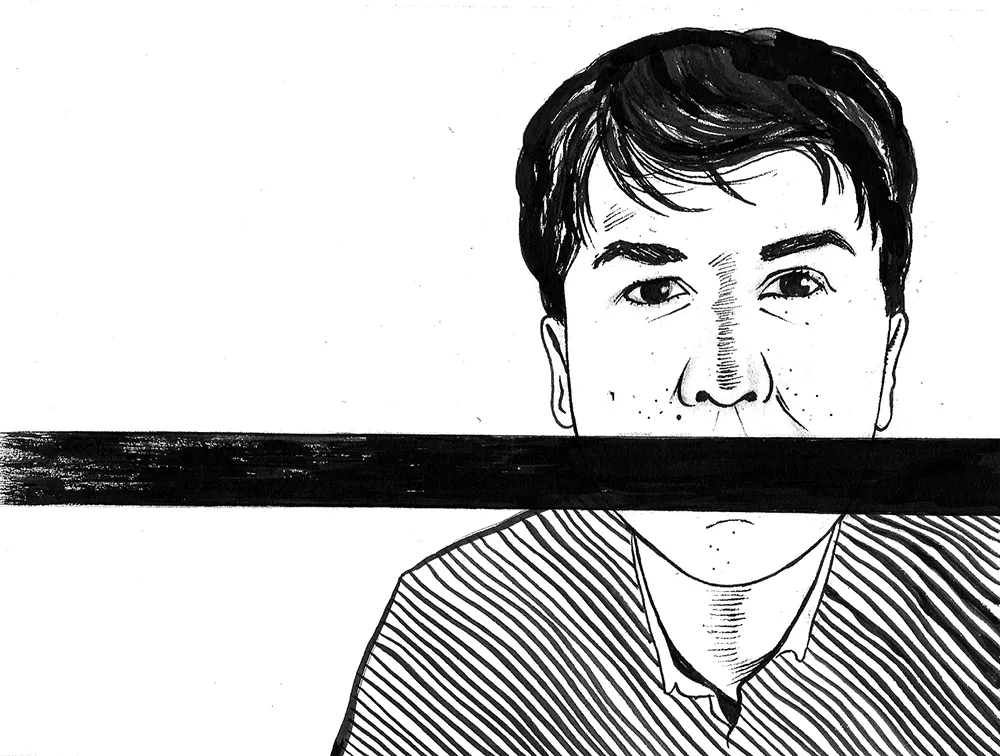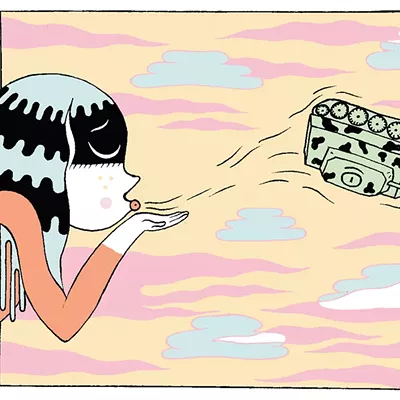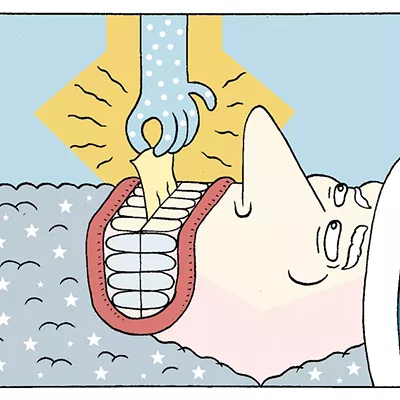"He even talks about stuff like masturbation," whispered my preteen son as he skipped math homework to read The Absolutely True Diary of a Part-Time Indian in one sitting. As a mother, I must recommend Sherman Alexie as some of the most relevant and real reading to hand your pubescent son, particularly if your son has ever been marginalized for being poor or bullied as the only nonwhite kid in his classroom. I was glad to see Scholastic, the children's book publisher, recommend True Diary for grades 6-8, and I bought it through the flyer that came home in my son's backpack this spring.
Not everyone is feeling love for Sherman Alexie. Last week, Idaho's largest school district, in Meridian, banned Alexie's book. About 100 Idaho parents and citizens spoke up about their objections to its use of slang, anatomical descriptions and "anti-Christian" rhetoric. Meridian isn't the first district to ban the book; in fact, the National Library Association lists Diary as the second most frequently banned book, with Fifty Shades of Grey by E. L. James shockingly ranked after Diary at No. 4. Toni Morrison's Beloved and Khaled Hosseini's The Kite Runner also made the Top 10 censored list.
"I would perhaps not read his stories with my general classes of younger students, but being considerate in how I deliver his work is not at all the same as completely banning it," says Kirsten Pomerantz, a teacher in the Coeur d'Alene School District.
The National Book Award-winning novel is narrated by a fictitious character named Junior, who is an aspiring cartoonist growing up on the Spokane Indian Reservation. He talks about how transferring to an all-white school affects his coming-of-age journey and confronts many of the most common topics on the minds of young adults: sex, poverty, racism, abuse, alcohol and profanity. This is where the controversy begins, but where I feel it should end as well. In my reading of the novel, these subjects are addressed humorously and appropriately, within a contextual framework that opens the door for broader dialogue and affords deeper understanding of the human experience. Far too many victims of bullying fall silent about their situations, and students often are embarrassed or feel pressured not to discuss the subjects they are most curious about.
Alexie's bold confrontation of private subject matter and student access to his works are essential. This book may be a catalyst for student readers to tell their own stories and self-advocate. Kristi Jacobson Rietze, a Coeur d'Alene mother of three, tells me: "Book banning is the same as idea and perspective banning. We're a democratic society built on differing ideas and perspectives. Do I think any religious or political group should be able to control what books my kids have access to? No way."
Next month, Sherman Alexie will speak at Spokane Falls Community College, and I couldn't be more thrilled. His writing challenges our prejudices, reminding us of our collective humanity and moving readers toward transparency and connection. Given his comic style, he keeps audiences laughing while not sparing the deeper substance of ourselves. ♦
Rachel Dolezal, formerly of the Human Rights Education Institute in Coeur d'Alene, is an award-winning artist and activist who teaches courses in art, Africana history and culture at area universities.























